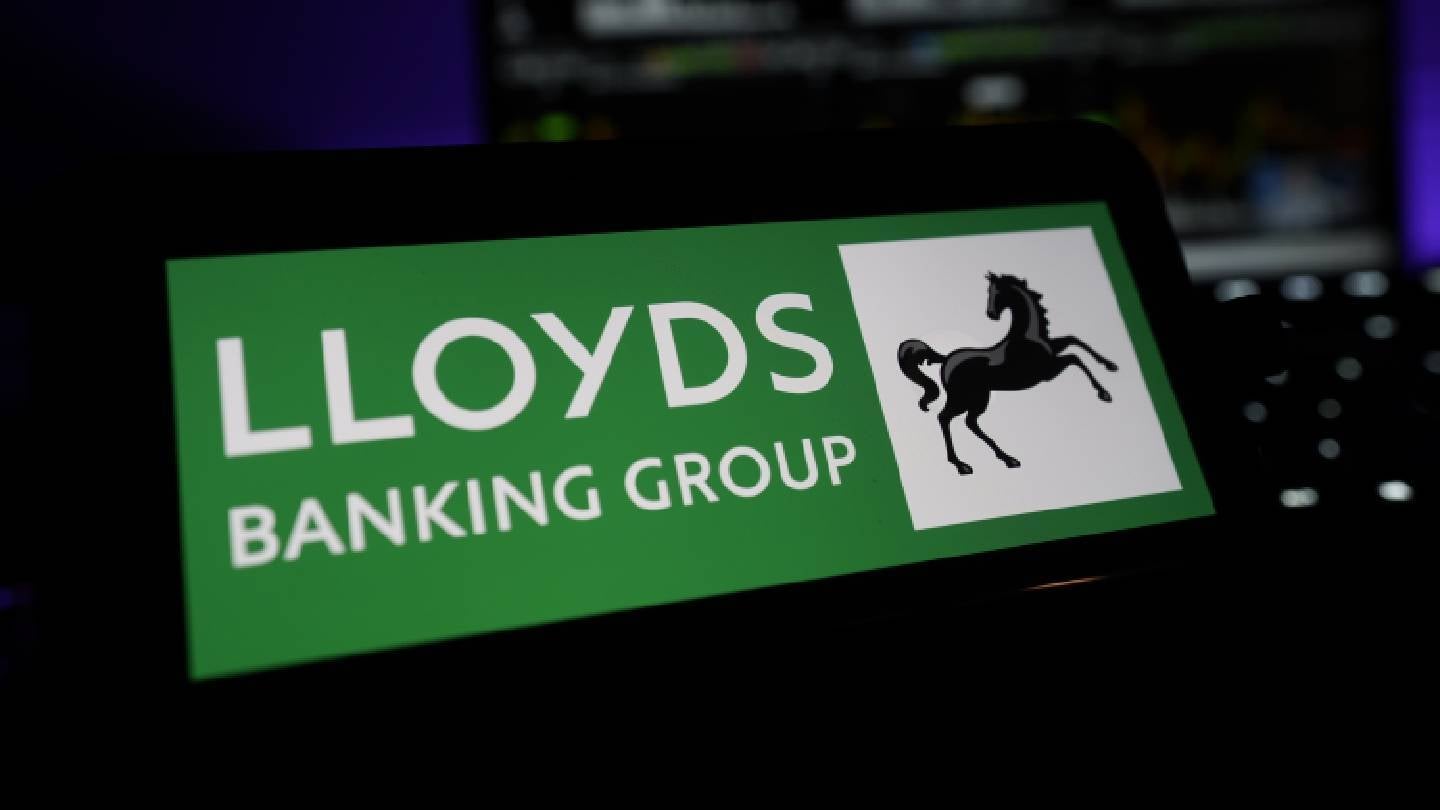
Lloyds Banking Group has announced the acquisition of Curve, a UK-based fintech offering a digital wallet platform, to advance its digital transformation efforts.
Last week, Sky News reported that Lloyds has formally signed an agreement to acquire digital wallet provider, in a transaction worth up to £120m ($157m).

Access deeper industry intelligence
Experience unmatched clarity with a single platform that combines unique data, AI, and human expertise.
This acquisition is said to widen the British lender’s digital capabilities and deliver enhanced payment experiences for its 28 million customers.
It is expected to be completed in the first half of 2026, subject to regulatory approval.
Lloyds stated that the transaction will not have a material impact on the group and full year guidance for 2025 or 2026.
Lloyds Banking Group consumer relationships CEO Jas Singh said: “This strategic acquisition of Curve marks another significant step forward in Lloyds Banking Group’s digital transformation journey.

US Tariffs are shifting - will you react or anticipate?
Don’t let policy changes catch you off guard. Stay proactive with real-time data and expert analysis.
By GlobalData“Building on the innovative changes we’ve made to our app recently, integrating Curve’s cutting-edge technology and digital wallet capabilities will deliver a next-generation digital banking experience for our customers as we help them to take control of their finances in a simple and convenient way.”
Established in 2015, Curve operates a digital wallet platform that consolidates all cards and alternative payment sources into a single, secure platform. It also offers money-saving and loyalty features.
Curve is authorised and regulated in the UK and European Economic Area (EEA), and processes payments using its technology platform.
Lloyds said that the integration of Curve’s technology and digital wallet, Curve Pay, into its digital offering would expand payment flexibility for customers.
This allows customers to switch past purchases across accounts, earn rewards on top of existing card benefits, access Pay Later solutions, and avoid foreign exchange fees from any card linked to the app.
The integration would offer enhanced control and personalisation options for customers to manage their money, Lloyds stated.
Keefe, Bruyette & Woods, a Stifel Company, served as exclusive financial advisor and NBA Law, together with Taylor Wessing as legal counsel to Curve, on this deal.
Curve founder and CEO Shachar Bialick said: “Curve’s mission since its inception has been to simplify and supercharge people’s finances; we wanted to give everyone the tools to take control of their money, on their terms.
“Joining forces with Lloyds Banking Group means we can now scale that vision faster, helping tens of millions more customers unlock smarter payments, and empower greater financial accessibility.
“Together with Lloyds, we are raising the bar for the future of payments.”
Recently, Lloyds announced its plans to introduce an AI-powered financial assistant for its customers, with a public rollout planned for early 2026.
IDC Ventures response
IDCV, the largest external investor with 12% of the shares, is however not on board and issued the following statement on the morning of 20 November.
“IDC Ventures remains deeply concerned about the conduct of Curve’s management and board during the current sale process. Issues regarding the company’s governance and ownership are disputed, and IDC is reserving all legal rights pending further developments.
“IDC Ventures alleges that a small group of directors and investors, notably Curve’s CEO Shachar Bialick, board members Tomer Jacob of Hanaco Ventures and Lord Fink, and certain other directors including and Tom Bradley and Cuong Do, facilitated corporate decision-making to entrench control and override shareholder rights.
“It is a matter of real surprise to shareholders that Lloyds Banking Group, a leading UK institution, would contemplate proceeding with a transaction that IDC believes is not in the best interests of the company or its shareholders. As such, IDC does not intend to support the proposed sale and does not believe that it is capable of being implemented without its support. IDC expects the board and any prospective purchasers to act responsibly and transparently, and will take all necessary steps to protect shareholder interests if those obligations are ignored.”







